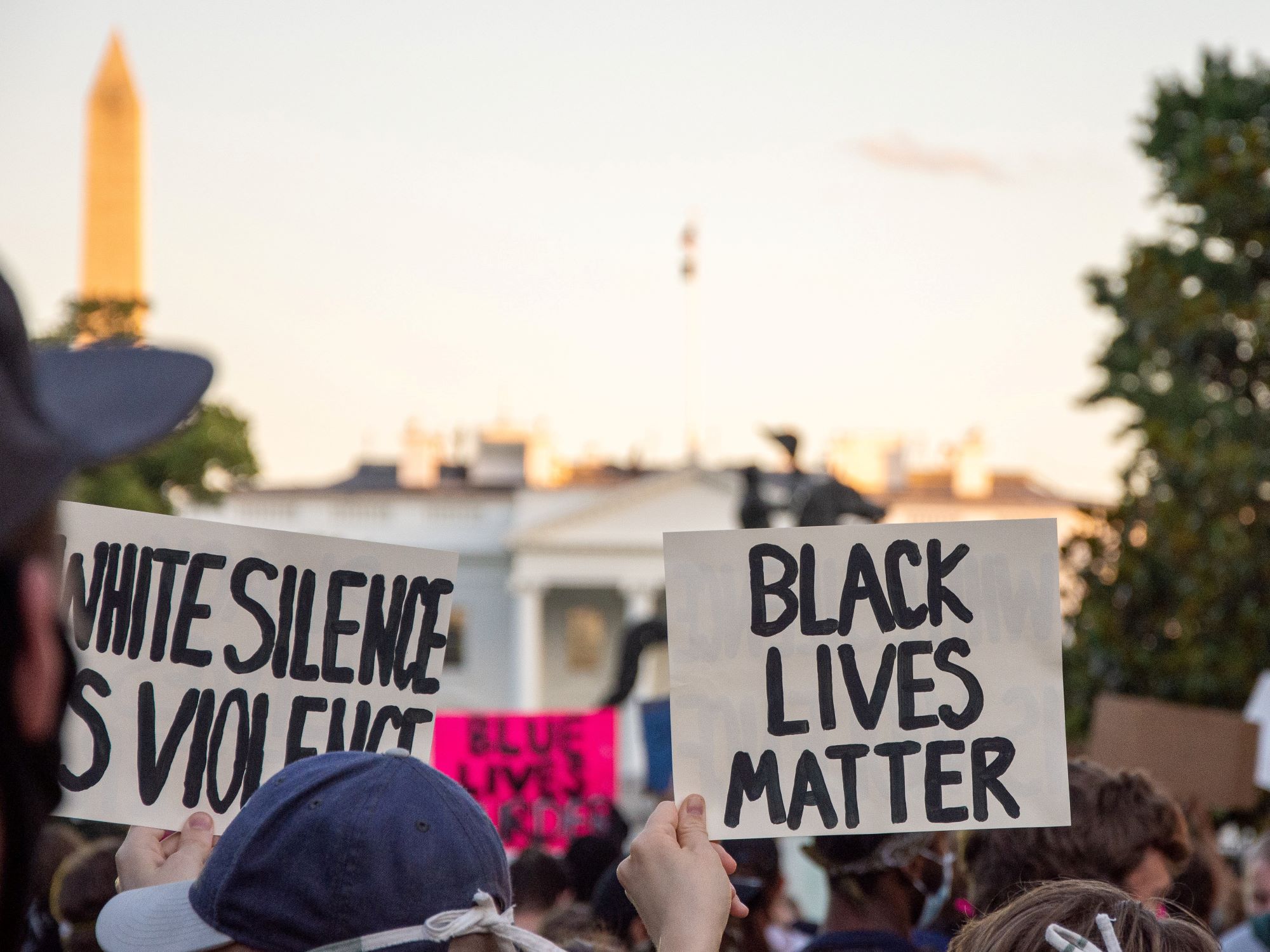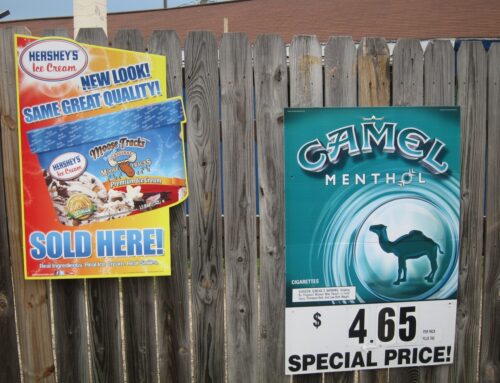The recent murders of George Floyd, Breonna Taylor, and Ahmaud Arbery are a devastating reminder that overt and institutional racism persist in our country every single day. The ongoing COVID-19 pandemic, with cases and deaths disproportionately impacting Black Americans, has been another reminder. While we feel angry, sad, and frustrated by the injustices that the Black community faces, we also feel inspired by the protests and the organizing that’s happening around them in many cities, and by the positive change they’ve been able to accomplish so far.
Our team is committed to building health equity, and there is so much more work to do. Each of us has an obligation to do our part to counter racial inequities. In the words of Angela Y. Davis, “In a racist society it is not enough to be non-racist, we must be anti-racist.”
Counter Tools joins in the belief that racism is a public health epidemic that needs to be solved. While our work has centered around addressing place-based public health issues that disproportionately affect communities of color, we are eager to take on bigger and even more direct root causes of racism that affect the ability of these communities to not only be healthy, but to thrive.
Every day, we have the choice to be actively conscious about race and take actions that address the implicit biases and structural racism that make up our world. To the many individuals and groups who are taking action to address racial injustice, thank you. We are committed to improving our ability to listen, learn from, and act in solidarity with the Black community and all people of color. Health disparities and the structural racism that causes them should have no place in our communities.
Please join us in learning more about how to be part of the solution:
- Antiracism resources: compiled by Sarah Sophie Flicker and Alyssa Klein and and countless other contributors
- Week of Action in Defense of Black Lives led by the Movement for Black Lives: guidance for taking action categorized by risk level based on current public health recommendations due to COVID-19
- National Museum of African American History and Culture: online portal to help individuals, families and communities talk about racism and commit to being antiracist
- Campaign Zero: policy solutions driven by data, research and human rights principles that can change the way police serve our communities
- MPD150: resources to learn more about what a world without police might look like, and how we might get there





